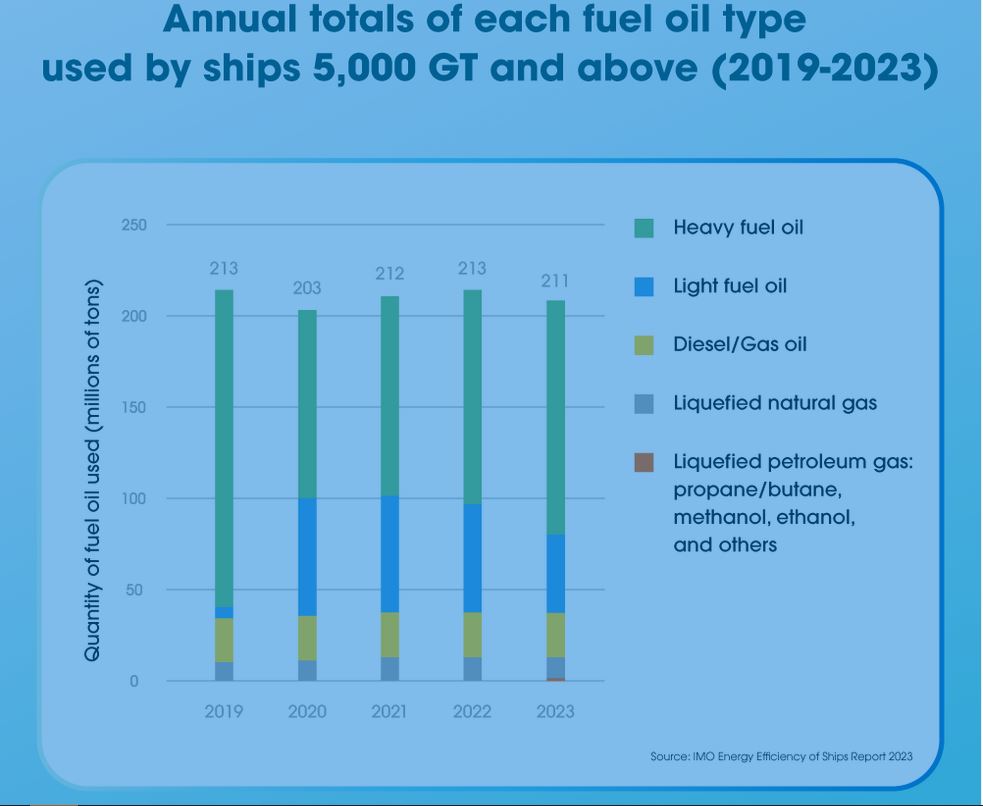Empowering Maritime Industry: Transitioning to Electrification and Hydrogen Fuel Cells
Key Ideas
- The global shipping industry heavily relies on fossil fuels, creating vulnerabilities related to fuel price volatility and environmental regulations.
- Transitioning to electrification through energy storage systems and hydrogen fuel cells can reduce fossil fuel dependence, lower costs, and comply with emissions regulations.
- Hydrogen fuel cells and energy storage systems are being piloted in maritime systems, with Hanwha investing in hydrogen solutions and receiving Approval in Principle for a 200kW hydrogen fuel cell system from DNV.
- Hanwha's integrated capabilities in energy generation and propulsion innovation position it as a key player in advancing maritime energy security through electrification.
The global shipping industry plays a crucial role in world trade, but its heavy reliance on fossil fuels poses challenges related to price volatility, geopolitical risks, and environmental concerns. Hanwha, a South Korean conglomerate, highlights the importance of transitioning to electrification in the maritime sector through energy storage systems (ESS) and hydrogen fuel cells. ESS provide battery storage for propulsion and auxiliary power, while hydrogen fuel cells generate electricity with water as the only byproduct. While fully electric ocean-crossing ships are a long-term goal, incremental adoption is seen in vessels like ferries and tugs. Challenges such as hydrogen storage and infrastructure availability persist, but ammonia is explored as a potential hydrogen carrier. Hanwha's investments in hydrogen technology and DNV's Approval in Principle for a 200kW hydrogen fuel cell system demonstrate progress in maritime electrification. Leveraging its expertise in energy, propulsion, and shipbuilding, Hanwha aims to enhance maritime energy security and sustainability.
Topics
Middle East
Energy Security
Shipping Industry
Ammonia
Maritime Technology
Electrification
DNV Approval
Energy Storage Systems
Hanwha
Latest News
